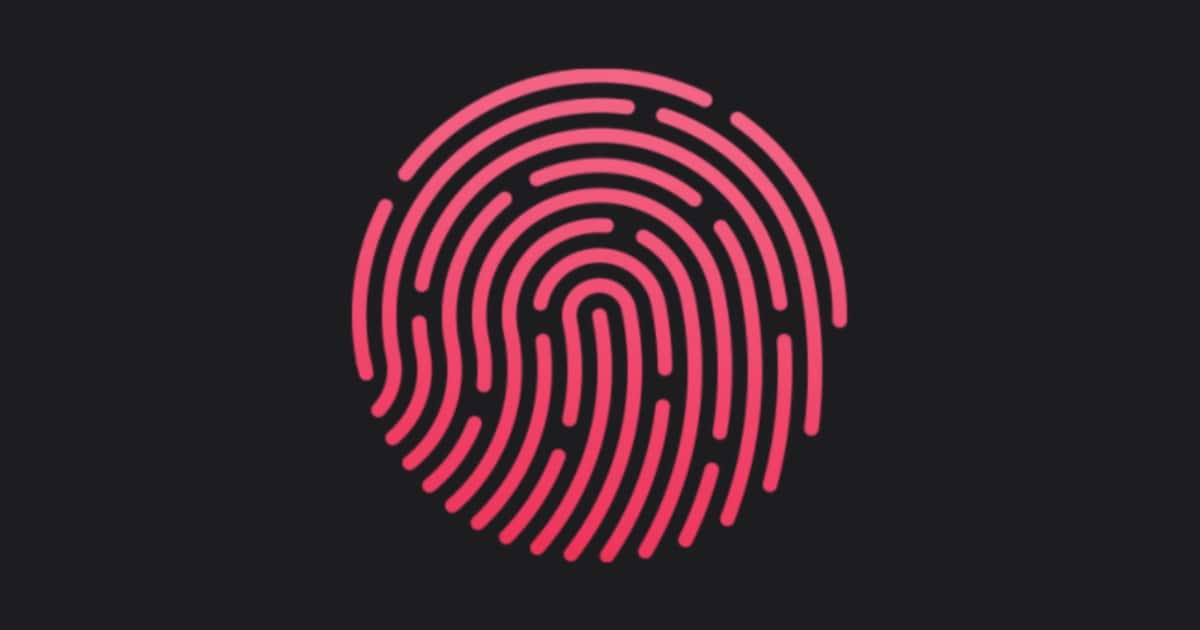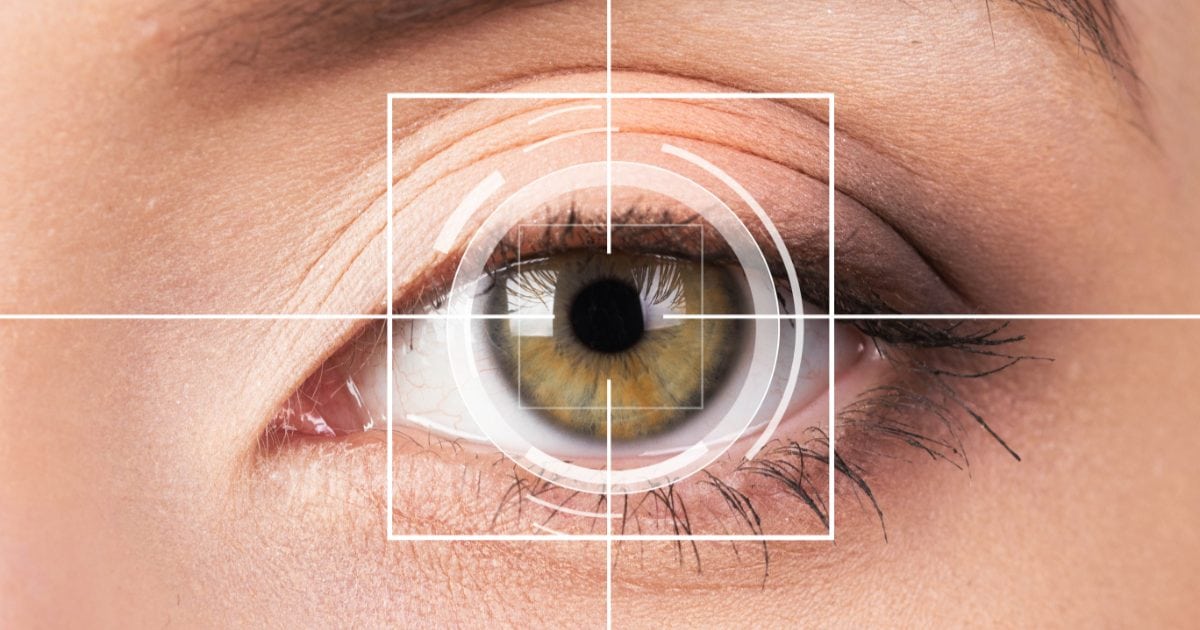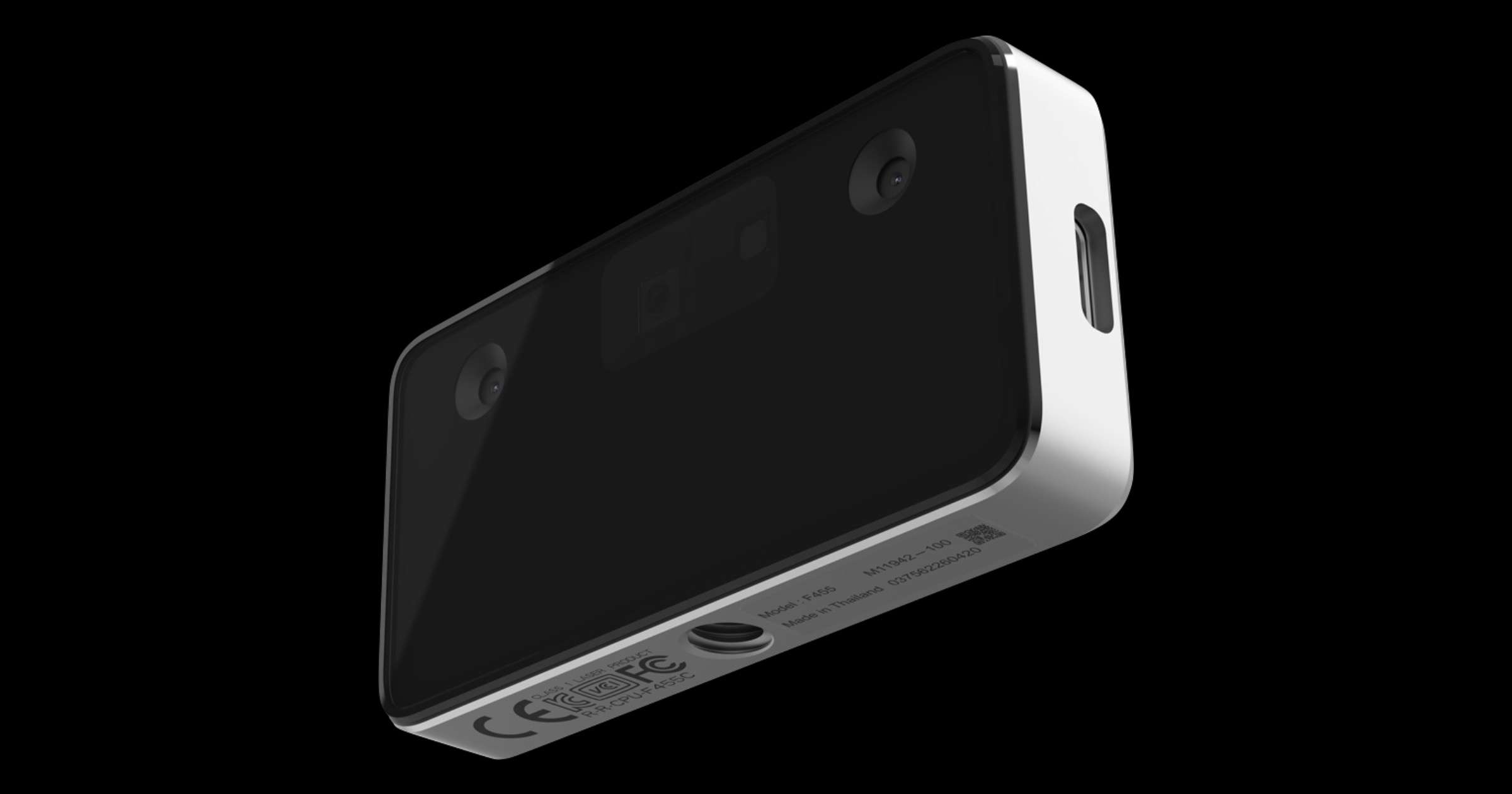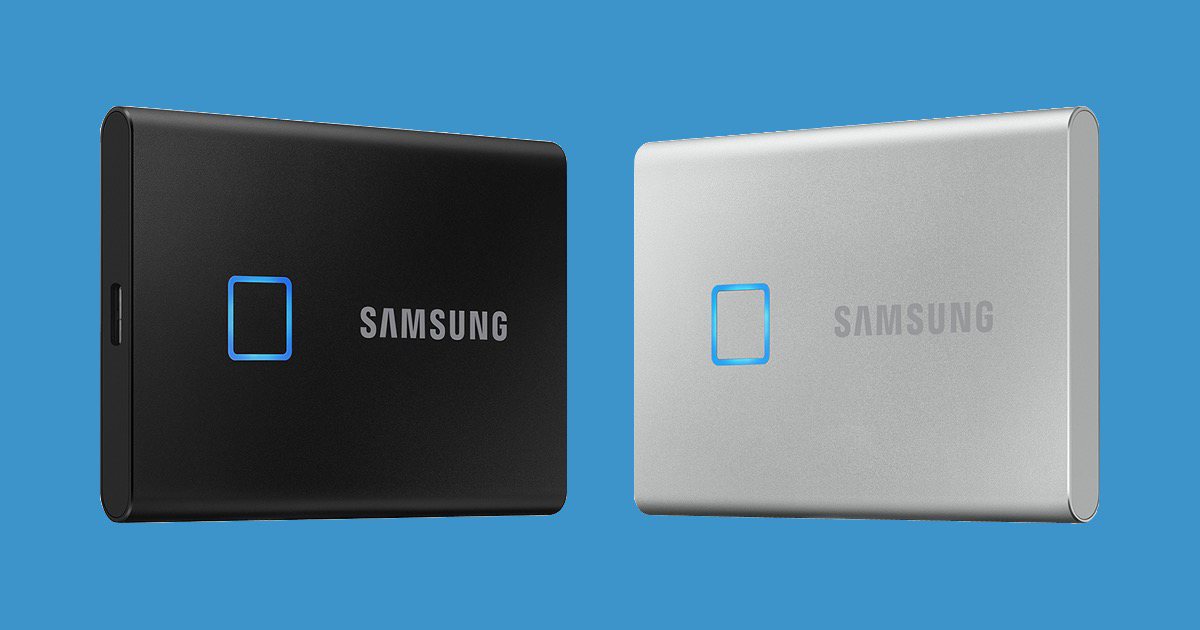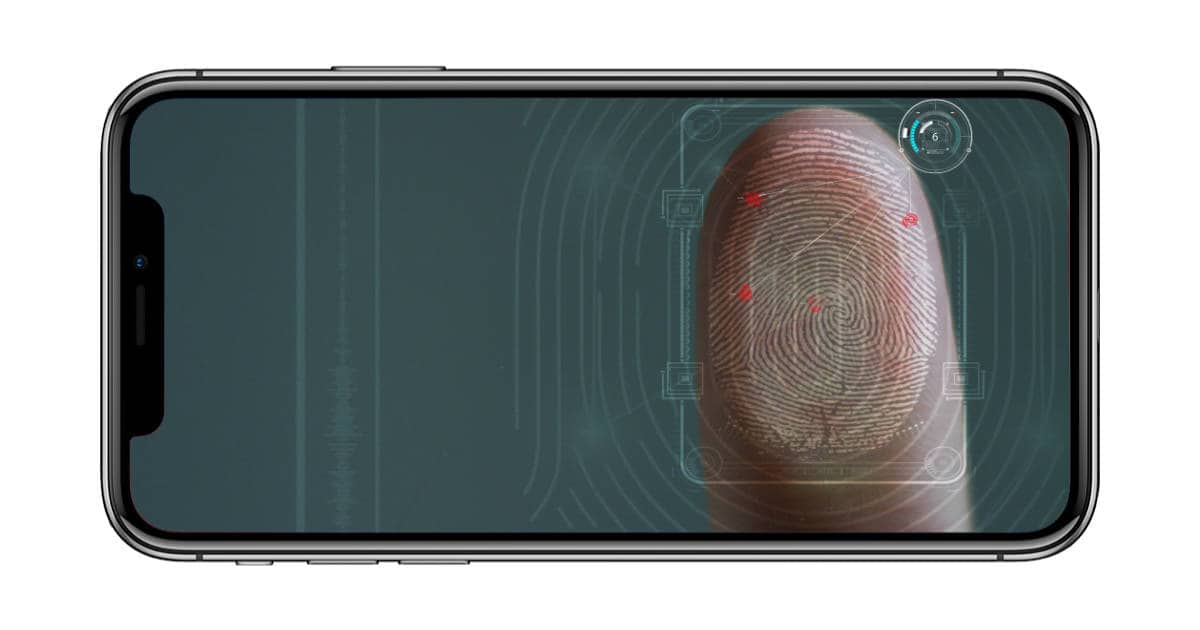NordPass is introducing biometric authentication to Windows and macOS applications. This new feature, which previously was available on mobile devices only, will add flexibility and convenience to the login process. Instead of typing in their master password, users will be able to use their fingerprint or face ID to sign in. According to a report published by NordPass, the most common password is 123456. and relying more on biometrics would help eliminate such weak passwords. But many cybersecurity professionals note that biometric authentication on its own is not enough. The best way to ensure maximum security for your accounts is to use it along with multi-factor authentication (MFA).
biometrics
TikTok Will Collect Biometric Data From US Users
TikTok updated its privacy policy on Wednesday, adding a new section about collecting biometric data from users. This data includes “faceprints and voiceprints.”
The statement itself is vague, as it doesn’t specify whether it’s considering federal law, states laws, or both. It also doesn’t explain, as the other part did, why TikTok needs this data. It doesn’t define the terms “faceprints” or “voiceprints.” Nor does it explain how it would go about seeking the “required permissions” from users, or if it would look to either state or federal laws to guide that process of gaining consent.
Intel Releases ‘RealSense ID’ Facial Authentication Technology
Intel released a new technology called RealSense ID on Wednesday. It’s a device for facial authentication that can be used in various devices.
Illinois Facebook Users Can Apply for $400 Payout
Illinois residents can now apply to receive a Facebook payout of up to US$400 as part of a class action lawsuit. Here’s how to qualify.
Instagram Sued Over Illegal Collection of Biometric Data
Facebook-owned Instagram faces a lawsuit that accuses the company of illegally collects biometric data from users.
Samsung Announces Biometric SSD T7 Touch
Samsung announced a biometric SSD called T7 Touch. It’s secured by your fingerprint for an extra layer of security.
US Among Top 5 Worst Countries for Biometrics Privacy
The United States is one of the worst countries in the world when it comes to the privacy of citizens’ biometrics data.
While there is a handful of state laws that protect state residents’ biometrics (as can be seen in our state privacy study), this does leave many US citizens’ biometrics exposed as there is no federal law in place.
Researchers Spoof Face ID Using Tape and Glasses
During the Black Hat 2019 conference, researchers demonstrated a way to spoof Face ID using nothing more than glasses and tape.
To launch the attack, researchers with Tencent tapped into a feature behind biometrics called “liveness” detection, which is part of the biometric authentication process that sifts through “real” versus “fake” features on people. It works by detecting background noise, response distortion or focus blur. One such biometrics tool that utilizes liveness detection is FaceID, which is designed and utilized by Apple for the iPhone and iPad Pro.
Apple Tests Biometric Login for iCloud.com
Apple is testing biometric login for iCloud.com. If you’re a beta tester for iOS 13, iPadOS, or macOS Catalina, you can go to beta.icloud.com and login with Face ID/Touch ID. Web Login So far, iPhone and iPad users haven’t been able to access iCloud web apps. If you navigated to the website you couldn’t use…
Google Investigation Shows Apple Was Right About Face ID
Take this with a grain of salt because this tweet is all I’ve seen about this. But David Ruddock of AndroidPolice mentioned a Google investigation trying to determine if certain types of fingerprint sensors are secure.
Another CES Story: I’ve heard Google is currently investigating whether current optical fingerprint sensor designs are secure enough to be used for TrustZone auth (mobile payments, banking apps, etc). There is real concern optical FPRs may be too easy to spoof.
Although facial recognition came to Android first, it was there for convenience as a way to unlock your device. But Apple added it for security, and it looks like they bet on the right horse.
Cops Can't Force You to Unlock an iPhone via Face ID, Touch ID
A U.S. federal judge has ruled that law enforcement can’t force you to unlock an iPhone or iPad via Face ID or Touch ID.
In the United States, a suspect’s property has the potential to be searched by law enforcement officials as part of an investigation, but some items are typically left alone. While people are protected from having to unlock their devices via a passcode, biometric security has been considered fair game for use by investigators, bypassing the passcode rules.
This will certainly set a precedent for the future. Although it doesn’t completely stop the investigation, it does give people a bit more freedom.
PSA: Keep Your Fingerprints Out of Social Media Posts
Thanks to a photo shared through WhatsApp, police got enough of a fingerprint to identify and arrest a drug dealer and his accomplices.
